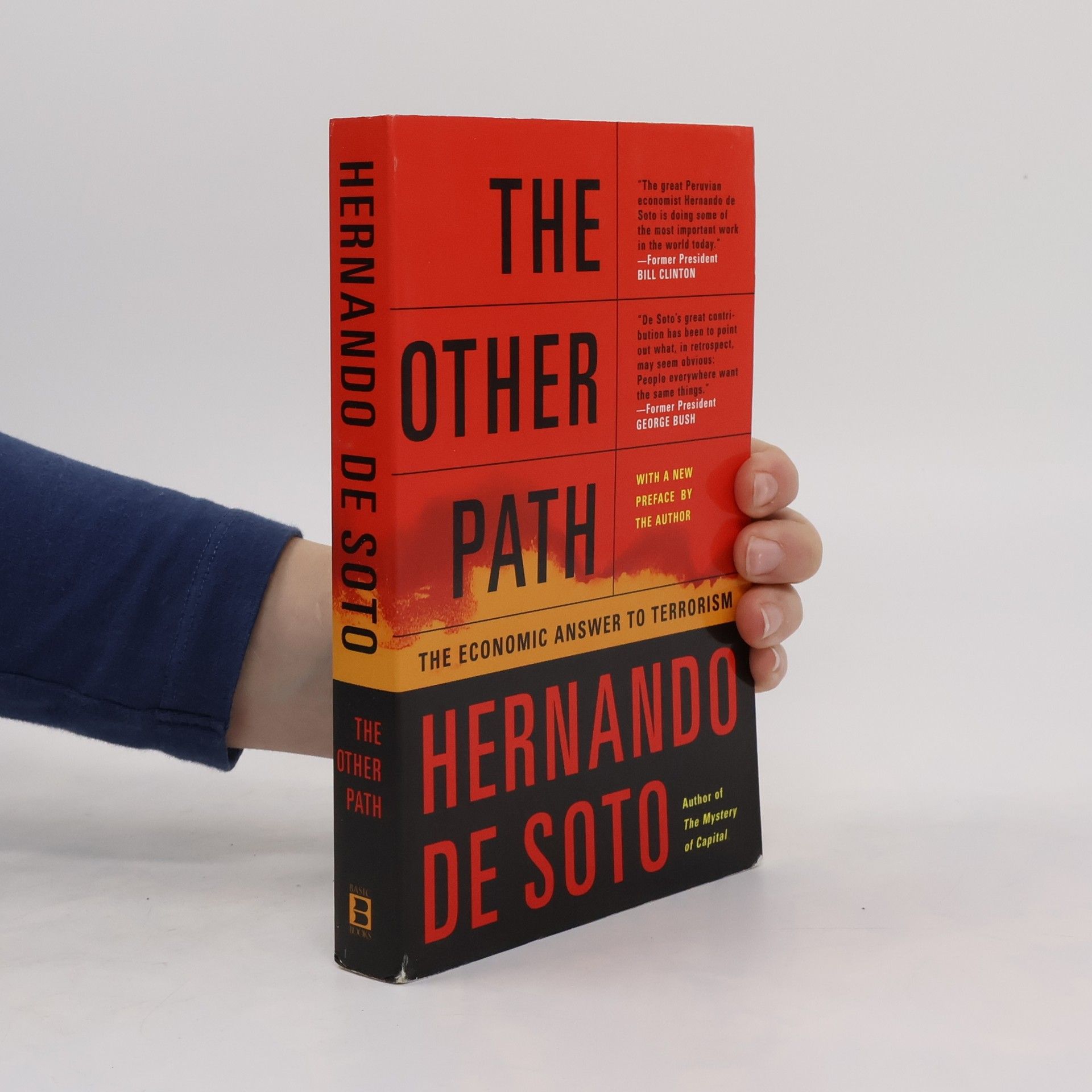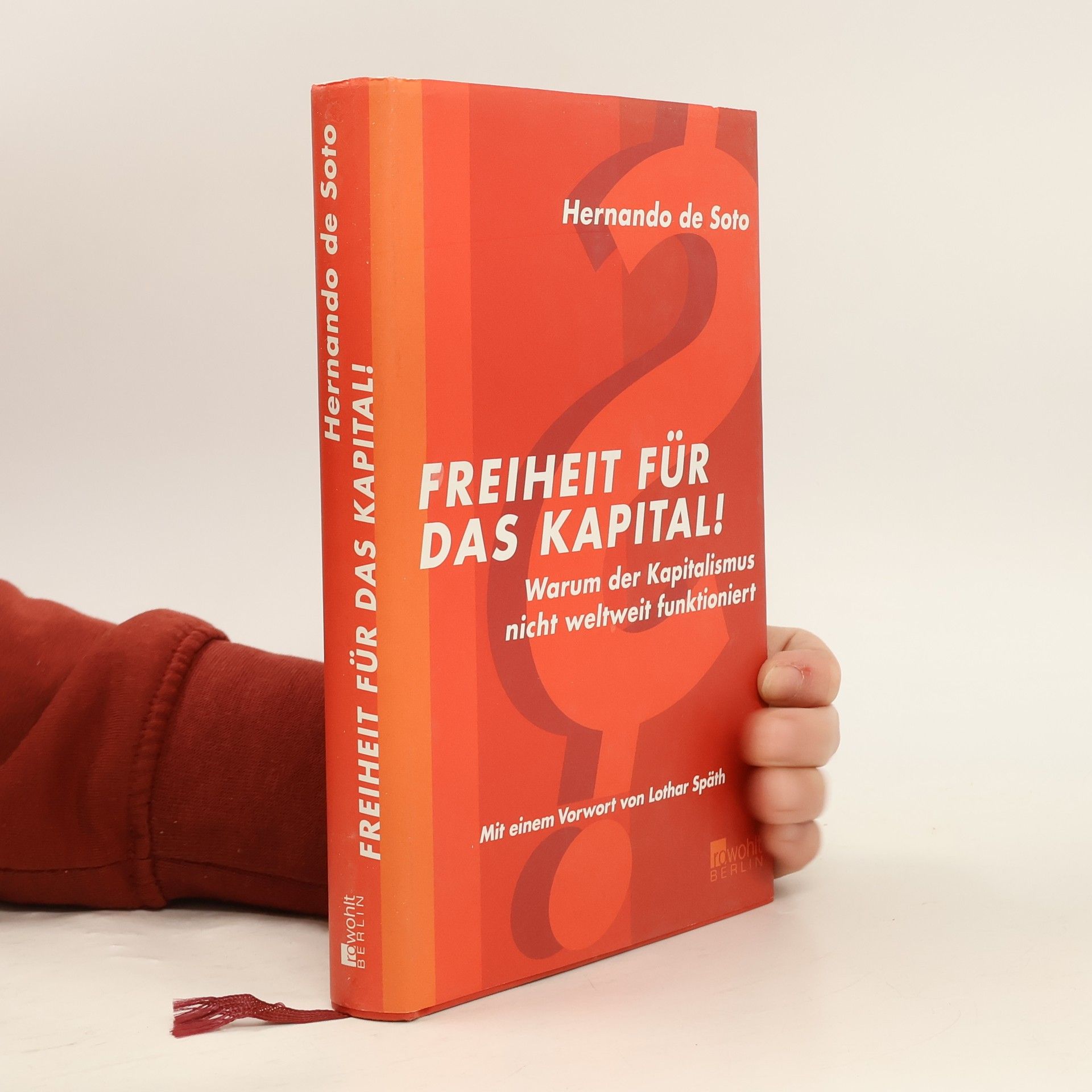Der Wirtschaftswissenschaftler Hernando de Soto, geboren 1941 in Peru, ist Gründer und Präsident des Institute of Liberty and Democracy (ILD) in Lima, laut Economist eines der „weltweit wichtigsten Think-tanks“. Er war Mitarbeiter der Welthandelsorganisation und Geschäftsführer eines großen europäischen Unternehmens. Seit mehreren Jahren leitet er Projekte im Nahen Osten, Asien und Lateinamerika, die die Schattenwirtschaft bekämpfen und die legale Marktwirtschaft durchsetzen sollen. Hernando de Soto wurde von Time Magazine als einer der fünf bedeutendsten lateinamerikanischen Persönlichkeiten des 20. Jahrhundert geehrt und gilt als Kandidat für den Nobelpreis für Wirtschaftswissenschaften. Heute berät er Regierungen und Staatschefs in Entwicklungsfragen, u. a. den russischen Präsidenten Vladimir Putin. Hainer Kober, geboren 1942, lebt in Soltau. Er hat u. a. Werke von Stephen Hawking, Steven Pinker, Jonathan Littell, Georges Simenon und Oliver Sacks übersetzt.
Hernando de Soto Bücher



In this, his classic book on the informal economy of Peru and the reasons why poverty can be a breeding ground for terrorists, Hernando De Soto describes the forces that keep people dependent on underground economies: the bureaucratic barriers to legal property ownership and the lack of legal structures that recognize and encourage ownership of assets. It is exactly these forces, de Soto argues, that prevent houses, land, and machines from functioning as capital does in the West -- as assets that can be leveraged to create more capital. Under the Fujimori government, de Soto's Institute for Liberty and Democracy wrote dozens of laws to promote property rights and bring people out of the informal economy and into the legitimate one. The result was not only an economic boon for Peru but also the defeat of the Shining Path, the terrorist movement and black-market force that was then threatening to take over the Peruvian government. In a new preface, de Soto relates his work to the present moment, making the connection between the Shining Path in the 1980's and the Taliban today.